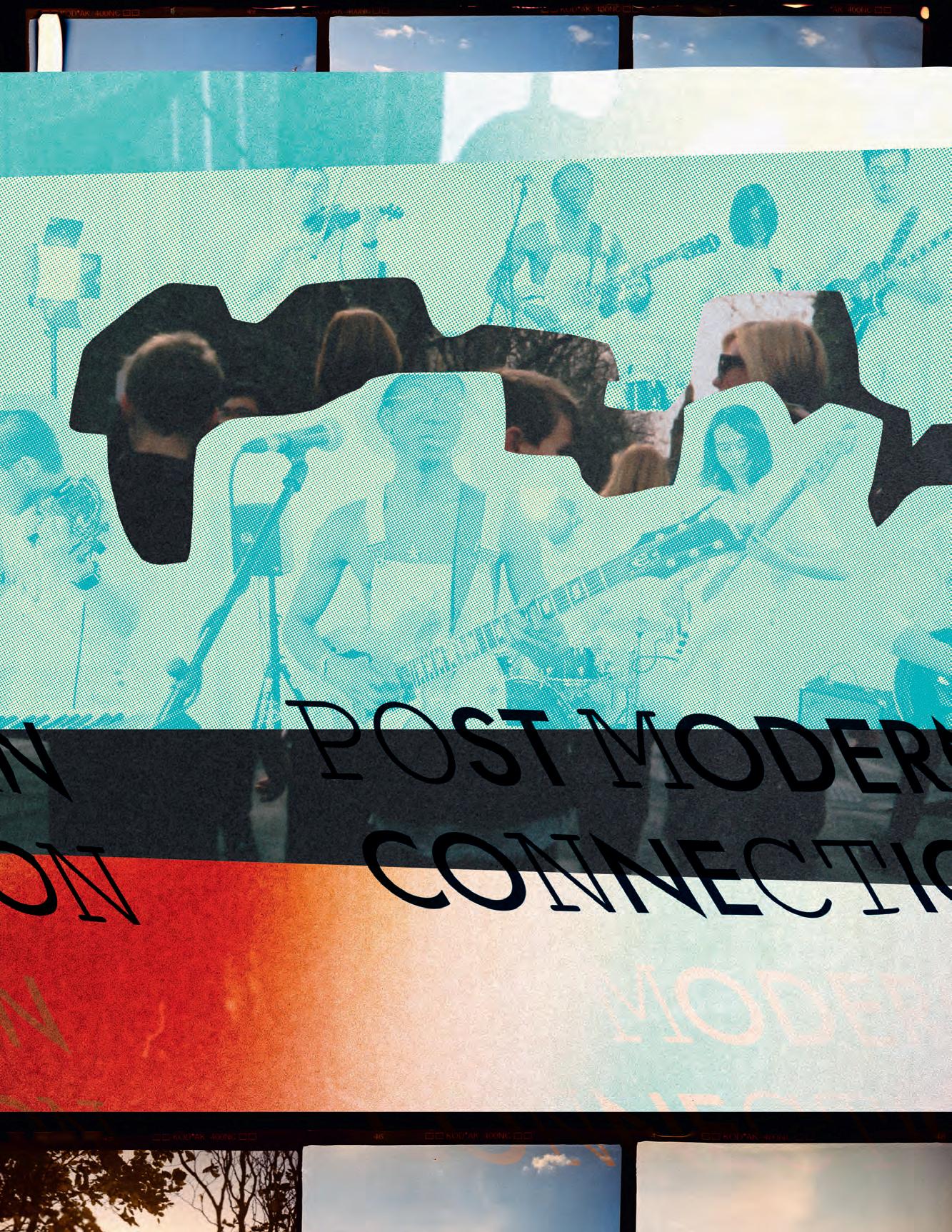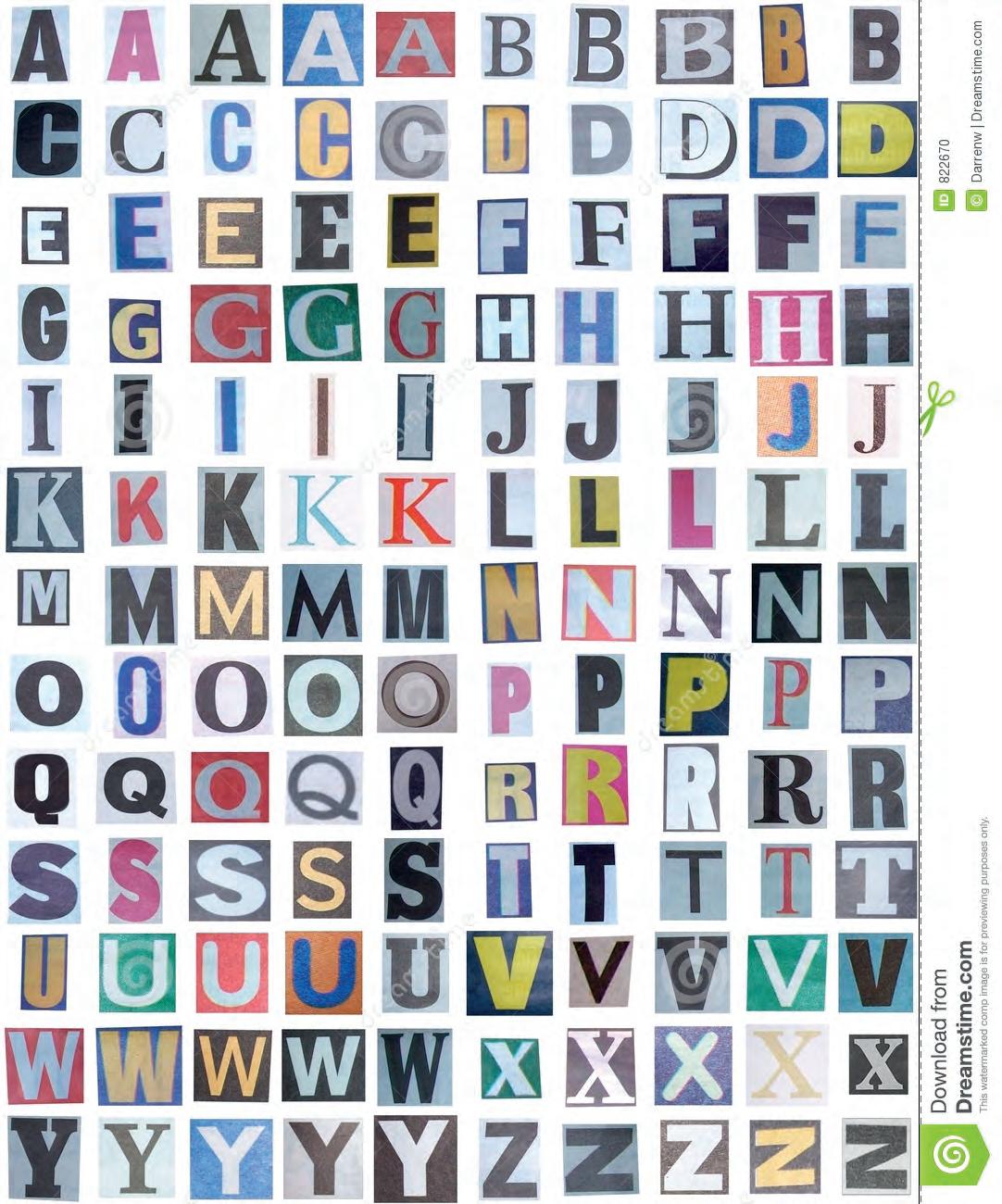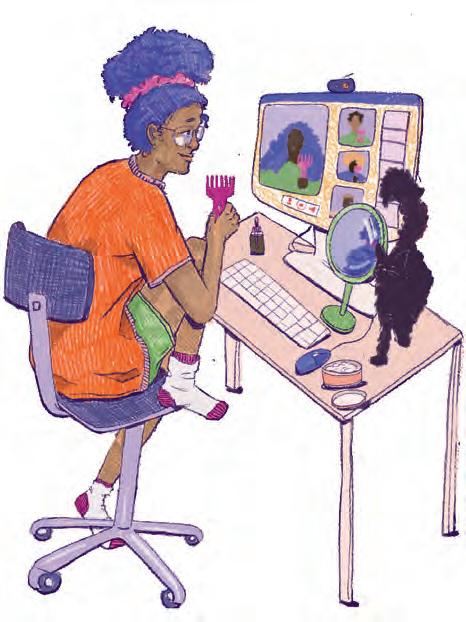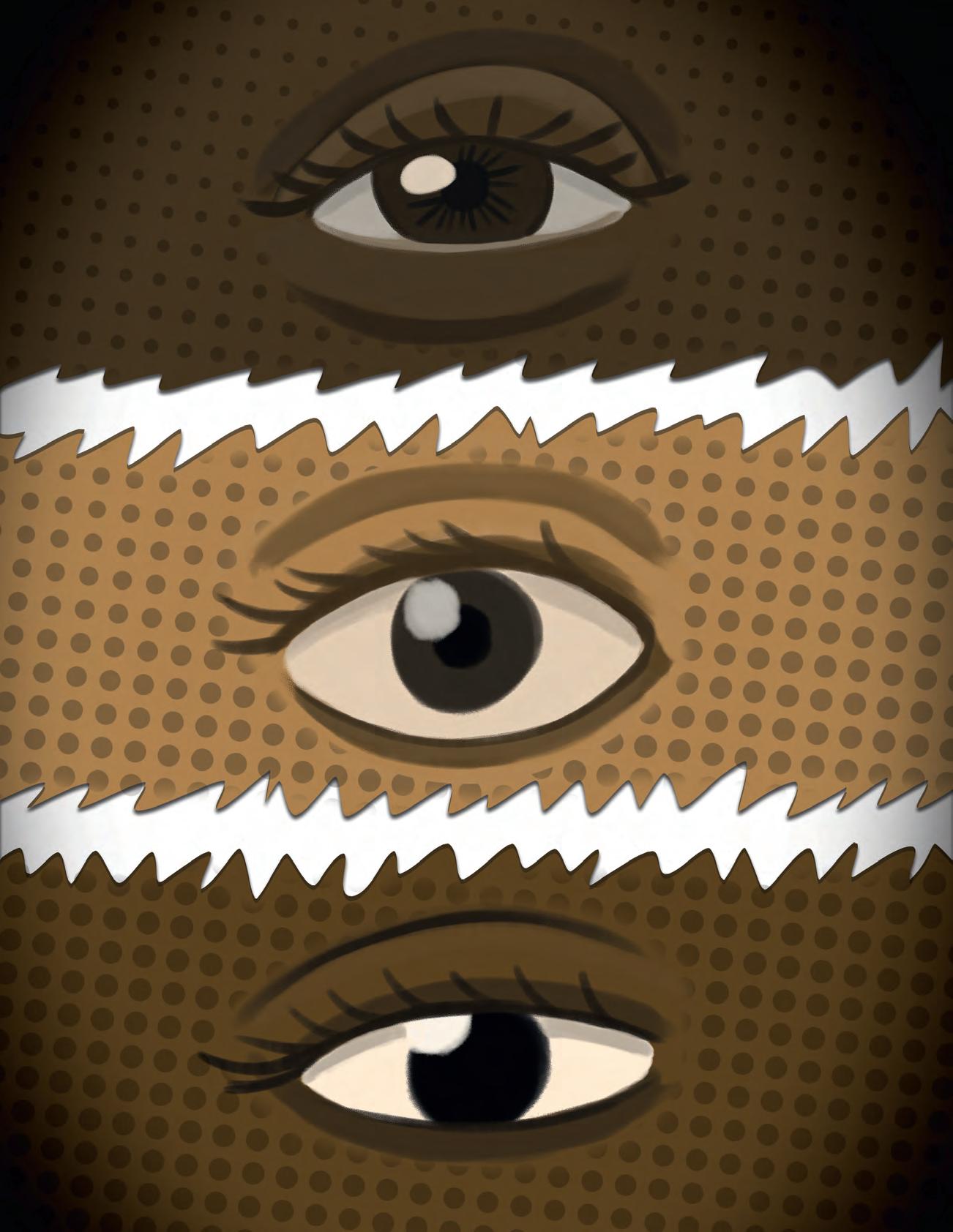
4 minute read
CapU Faculty Racism Built The
ONLINE CLASSROOMS CONTINUE TO BRING LONG HOURS & STRESS FOR CAPU FACULTY
Faculty claim that the switch to online learning has demanded an overhaul of classes that increases work hours and for some, leads to burnout
Advertisement
BRIDGET STRINGER-HOLDEN
Associate News Editor JOHN PACHKOWSKY Illustrator Although Communication Studies instructor Kym Stewart is grateful for her job, working online has its challenges— like spending about triple the time on course delivery. Although this may not be a widespread issue among faculty, it’s important to highlight the struggles that faculty like Stewart and anthropology instructor Bob Muckle are experiencing.
Certain pre-planned group projects and resources are no longer available online. “Definitely no field trips, which is really sad, because the field trips that instructors coordinate are to help connect the university students with the community,” said Stewart. “There’s ways around that, but it’s very different than going out into the community and connecting.”
Online delivery was also a major transition for Muckle. “My lectures and my classroom time was relatively
“Obviously, we have learning outcomes—everything needs to be addressed—but we’re really worried and concerned about the students and we want them to have this engaging time with us, because the world is so chaotic. There’s so much stress and so much going on,” said Kym Stewart. “I think a lot of us have become teachers because we enjoy being with young people who are thinking and engaging and full of life.”
unstructured; I’d do a lot of storytelling, and I just sort of go with the flow and discuss current events,” he said. However, the CapU Library helped him access materials to ease the transition. “For me, because I didn’t use online technology at all, it was a major switch. My job now is substantially different than it used to be.”
Muckle’s workload has increased with the amount of structure required for online classes. “I estimate that I probably have been spending an average of 60 to 70 hours a week since April,” he said, up from the 35 hours per week prepandemic. “I was just barely staying ahead of the students. It was a lot of work to start from scratch—preparing lectures from scratch and finding videos and creating the assignments.”
Stewart notes that her weekends are now spent answering emails and marking. “The students might not know all of the background that we have to do to get the courses launched,” she said, estimating 12-hour workdays. “There were so many times last term where I would just crash out on my [office] floor—I was just so exhausted, I was like I can’t function, and I would just be out for like an hour,” said Stewart. “I’ve never done that before in my life, yet it was so often last term—I just needed a way to get away.”
Like Muckle, many instructors are restructuring their classes to fit online learning. “We made major changes,” said Stewart. “I think everyone I spoke to has completely changed their course. It’s not just this pivoting, as I hear everywhere—I hear the university saying pivoting, I hear [the] media saying pivoting—it’s
not a pivot. A pivot to me is just a slight change; this is a complete overhaul of all the classes.”
When Muckle began teaching online in the summer, faculty support was not fully established. CapU now has optional workshops and courses for faculty, along with the Centre for Teaching Excellence. “I think I’m very lucky to be in a faculty that’s so supportive where we’re constantly helping one another and constantly in touch,” said Stewart, referencing their weekly check-ins. “I feel that the faculty has talked a lot about worrying for the students,” said Stewart. “I’m worrying and concerned for the students all the time.” In March, Stewart’s worries centred around whether students had food, housing, and personal protective equipment. In 2021, she is focused on their mental health. “I think that’s been taking a lot of our time and energy— trying to figure out how to connect with students, trying to figure out if students are okay—but definitely for me, it’s emotional burnout,” said Stewart. “I’ve heard many faculty members say ‘I’m feeling burnt out’—including some faculty members that I’ve never ever heard speak those words.”
Muckle believes this workload is neither healthy nor sustainable long-term. “I haven’t burnt out, but I’m on the way to it,” he said. “I would imagine that a lot of instructors have burned out. We put in all these extra hours because we want to give the students the best experience [we] can.”
As much as faculty care about students, Stewart said it should go both ways. “We as instructors exist the way we exist because of the students and because we can see and hear and feel that energy— as soon as we lose that, it just becomes about this content. We don’t want it to just be about content delivery, we want that connection. We’re doing whatever we can to find that connection.”










